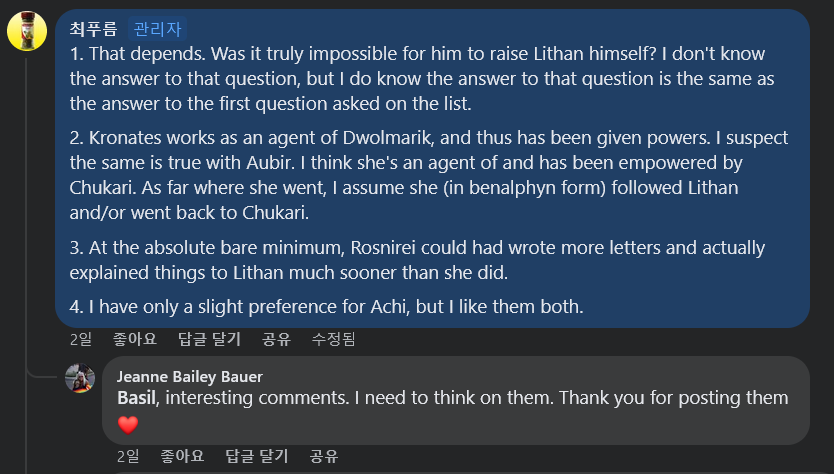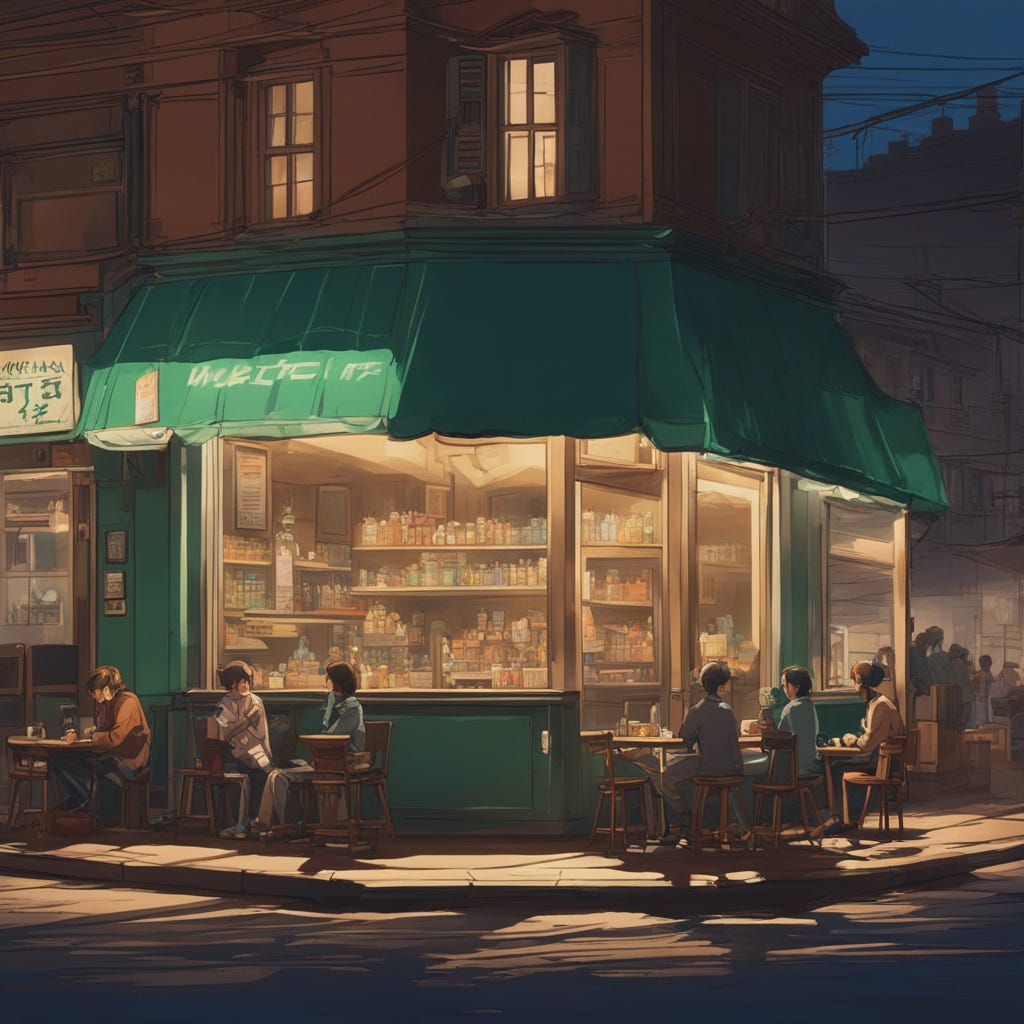Anxiously Awaiting
The last leg and the first step
Hey! What’s the view like where you live?
For the past few months, mine has been nothing but scaffolding. As cosmic jokes like to do, this one also built up to a tragic punchline. They started the construction project that climbed up my walls during the last week of Buildspace.
It was quite the nuisance at the time—loud noises everywhere the same day I needed to record my Demo Day video!
The joke doesn’t end there though.
While it was annoying to have my recording interrupted by hammering and drilling, I was much less prepared for a different strange sensation that came with having vertical stairs up to my twelfth floor apartment.
At any time of the day, there could be a construction worker suddenly looking at me.
Sudden strangers peering into my home.
I imagine the workers never really cared. They were simply trying to get through the day. I also assume me working on my computer was relatively mild compared to some of the other scenes found on other floors.
Regardless, it was far from comfortable for me.
I became hyper aware of my surroundings at all times.
Fortunately, they finally tore down all the scaffolding last week, but that uncomfortableness yet remains.
Isn’t it odd how the mind doesn’t always believe what the eyes have already seen?
Arriving in Arstafas
I was reflecting on this biting anxiety and thinking about how Lithan would have experienced seeing the big city of Arstafas for the first time.
I imagine him looking at what is impossible architecture to his more modest eyes. Pulled away from his simple desires of country living and pushed into this world of greed and corruption.
He may have known where his heritage and family were from, but those connections were surely severed long ago. If not by law, then by everything but name.
And yet here he is.
Taking in the sights and sounds of his destiny—out of his element and lost in the metallic echoes of Arstafas.
I’ve mentioned how Book II focuses on two journeys. This second is all about how Lithan feels being pulled out of the life he thought to be his own. He is overwhelmed and underprepared for the adventure that awaits in this new city.
He can’t even begin to make sense of what he is seeing, never mind the history he’s told he should have known long ago.
The intensity of all this change is weighted against the imperfect life he claimed in Rifcam. Lithan and Crepak, their broken relationship and its unstable future was a different kind of trouble.
Whether they ended up going separate ways or learned to live together, Lithan was in control of what happened.
That was far from true for what was expected of him in Arstafas. He gave up all control and needed to put full trust in people he didn’t really know to navigate a world he didn’t understand.
And then he’s asked to reconcile any lingering emotions he has for his family—for his late father—for Maneus.
How far faith alone can take trust is the question of the hour. Fate telling him he needs to put aside any regret or ill will for these people who all but abandoned him.
And in the end, he lacks that agency. No matter how Lithan responds, destiny has already answered.
Different Days
Fitting all these themes and elements into Lithan’s dual journeys was one thing. Tying it into the larger story of Maneus was another.
The early drafts did not handle the task very well. It wasn’t really until I fully understood the importance of earning emotions that I knew what had to be done.
I could keep some things subtle and vague, but key emotions and details needed to be explicitly stated. Raksa and his excuse for never visiting Rifcam. Lithan’s struggle between Crepak and Aubir. Rosnirei’s longing for Maneus and her regrets for Lithan.
Dwolmarik’s plan and the storm he was gathering in the shadows.
Book II in particular needed to deliver. Lithan is at the midpoint of a twisted knot between the inciting incidents found in Book I and the eventual catharsis at the end of Book III.
Now, I didn’t always intend for this to be a continuing, generational epic. As such, Lithan wasn’t built from the ground up to carry the burden of such a grand plot. However, I think having that responsibility thrust upon him fits the character very well.
What I did do, on my end, was take specific actions while rewriting to smooth out any rough edges and render the reading much more fluid. One of the most notable edits being how much I changed the timeline.
The earliest drafts of what would become Book II of Maneus were titled Homelands and rushed the entire story in three days.
Three days for the trip up Talge Kimmet, across Talge Swaredon, and into Arstafas.
It didn’t really make sense. There was too much happening in too short a time. I didn’t really know what I was getting into. I dove into the deep end without knowing how to swim or even tread water. I was simply too excited about the core idea behind Maneus.
So after writing Book I—a story known as Closing Time back then—I went to try something much more expansive. Going from a simple setting built around the limitations of how I expected to record an audio drama, to the full range of my imagination.
However, I didn’t have real experience putting together a story. I tried to explain the pacing as a narrative device for how Lithan was poorly handling all these sudden changes in his life.
That was at best a believable excuse. Sophistry worthy of the son of a lawyer.
The reality was I just wanted to get to the good parts.
When it came time to rewrite everything, I knew I needed to greatly extend the timeline of the story.
With a bit more experience under my belt, I also understood the importance of how Lithan needed to carry specific themes, ideas, and emotions.
The result is Book II in its current form. The dual journeys taking weeks if not a month or more. Slowing everything down gives characters and readers time to breathe and take in what is happening.
Lithan finally has a moment to at least begin building the bridges that connect all the generations of the epic.
Measure of Success
It’s easy for me to explain what my goals were and how I believe I achieved them. It’s another thing entirely to look into what others get out of my story.
Generally, I’m okay with people finding something for themselves in my words, even if it’s not something I intended. As long as what’s being said isn’t a result of bad or unclear writing, I think different interpretations are enriching.
That’s why the Maneus Book Club is so incredible.
More than a review, it’s a conversation. Everyone involved is sharing their points of view and adding to the topic of the hour. It’s the kind of thing I like to imagine Maneus would welcome into his corner store.
So feel free to join, even if it’s only as a guest for one night.
On a more practical note, we’ll reach the end of Book II this week and I want to have another virtual meet-up to celebrate.
I’ll set up a tentative time, but it will be flexible to accommodate as many schedules as possible.
Until next time.
Cheers,
John










